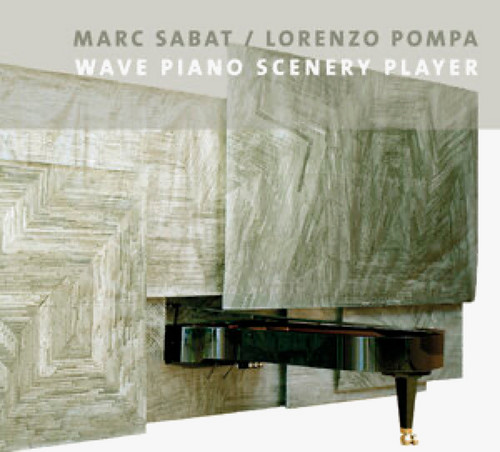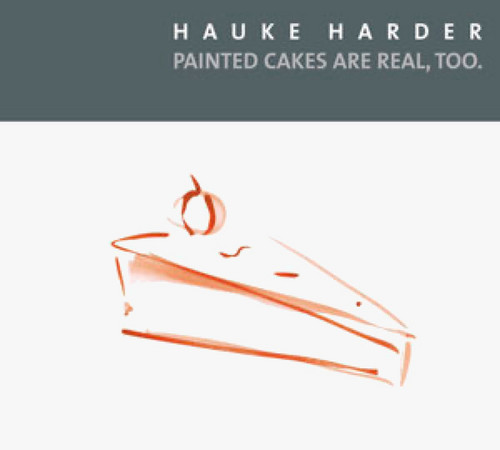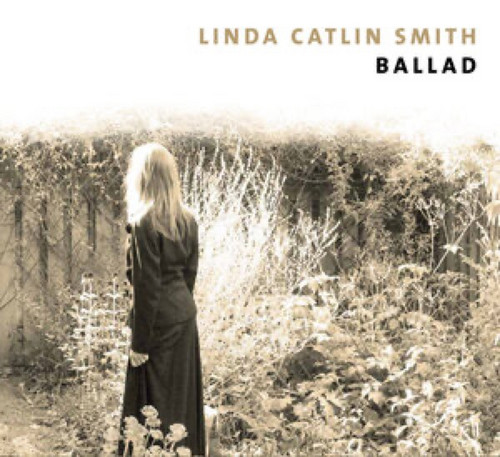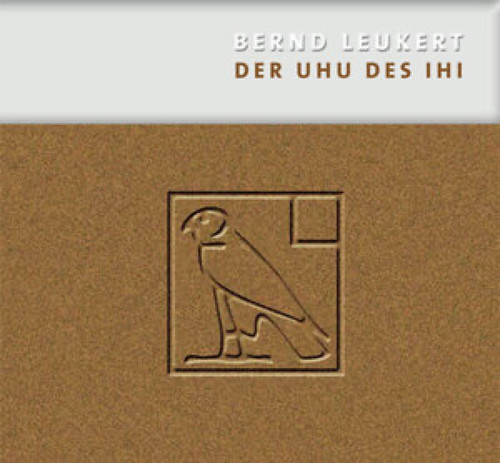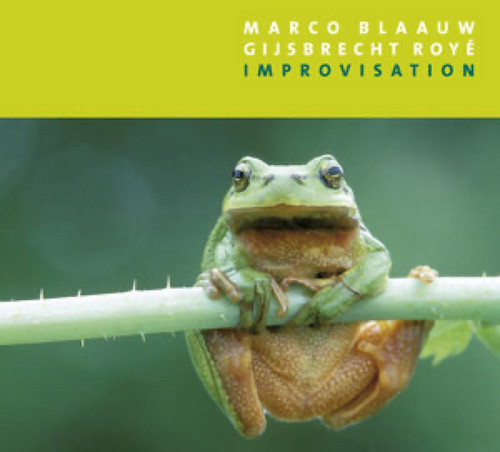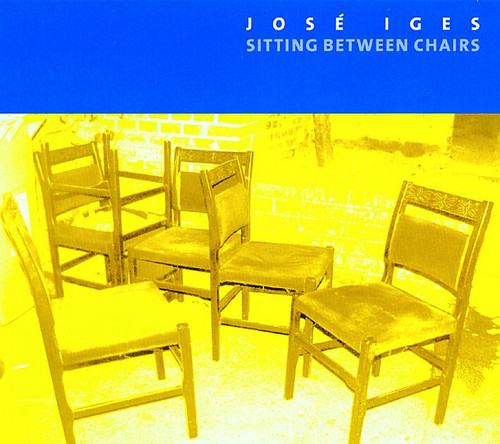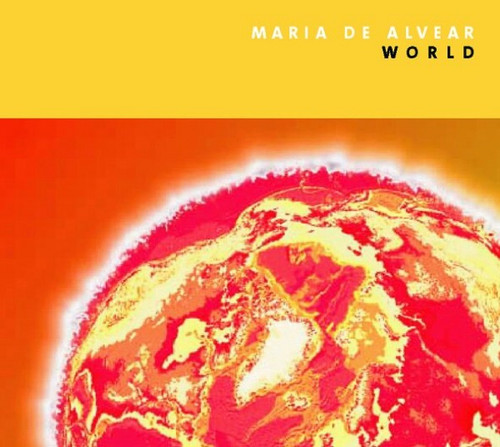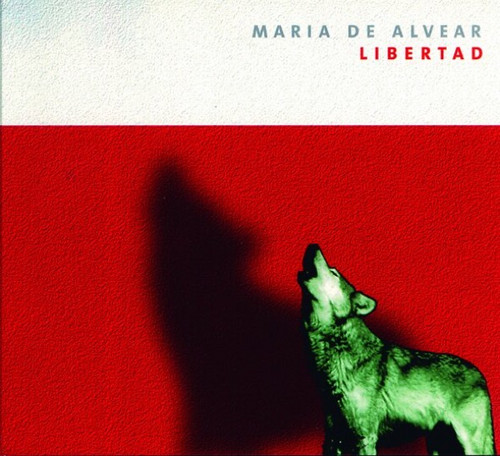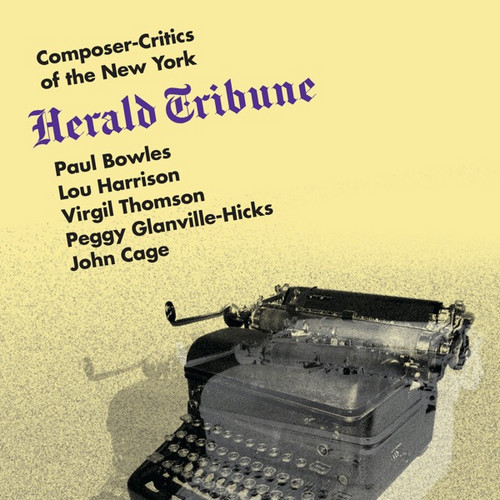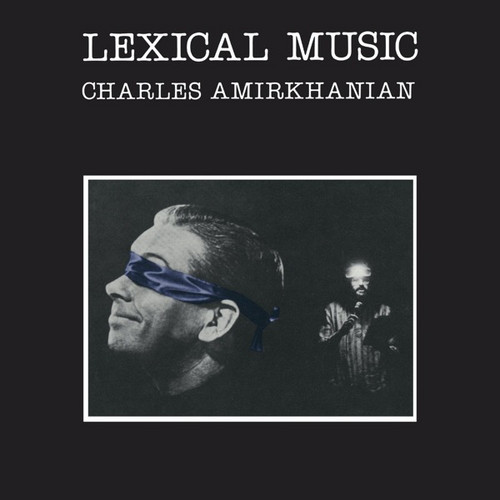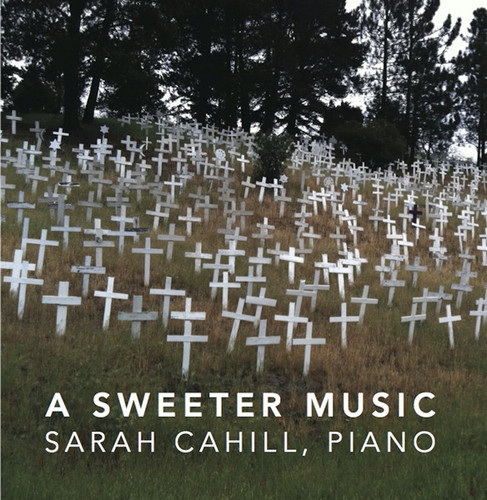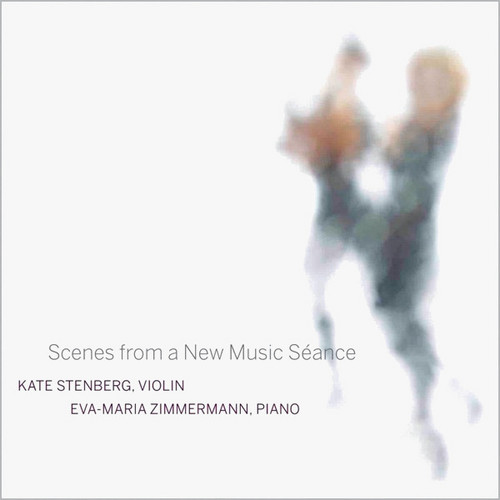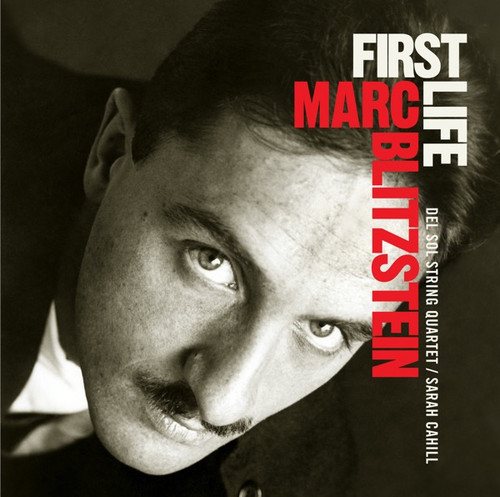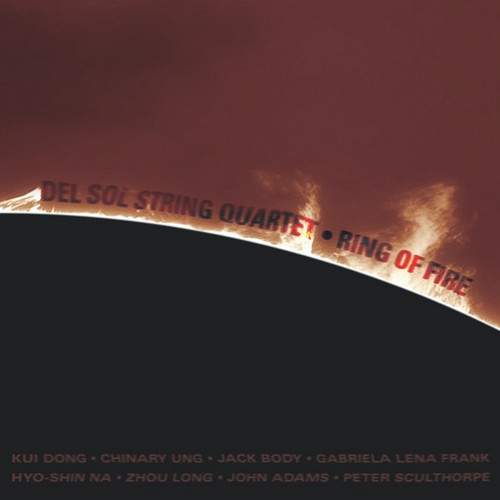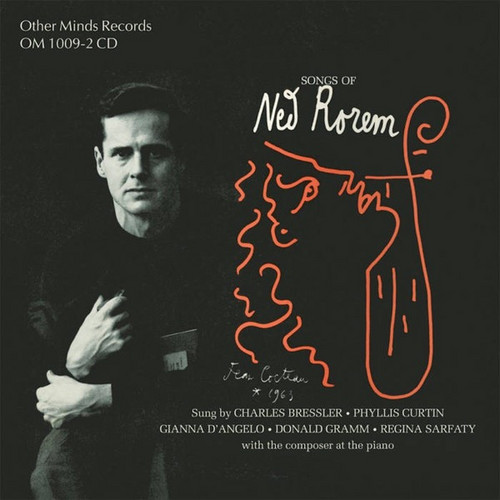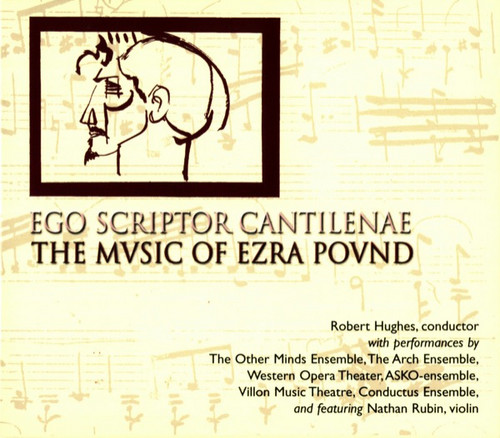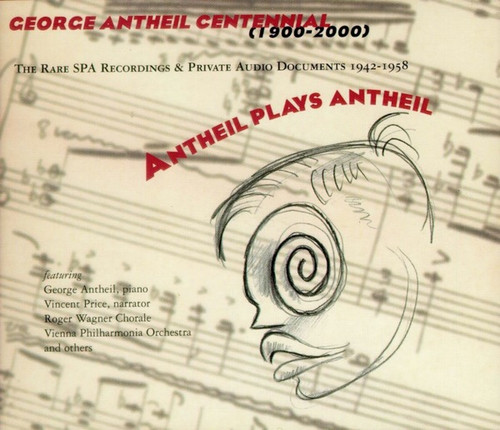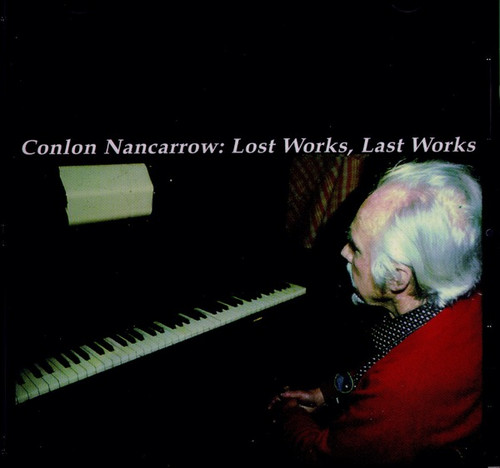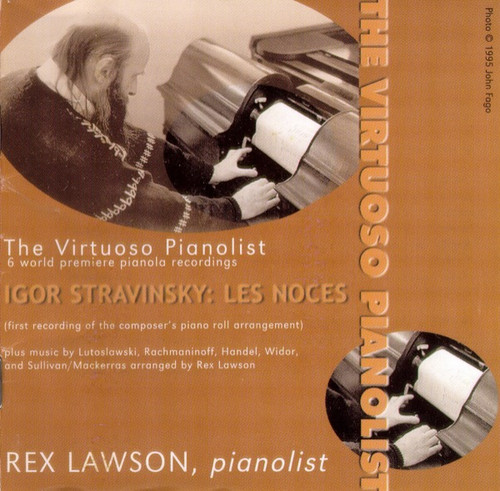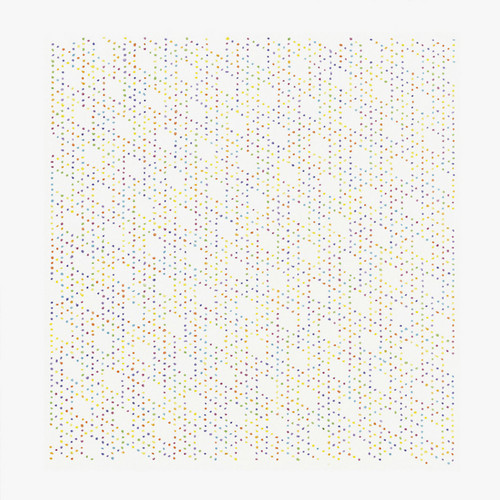Wave Piano Scenery Player
Wave Piano Scenery Player consists of several artifacts brought into a single structure: large black oil paintings on paper sheets dividing an automatic grand piano in two parts (sounding body, keyboard); tree pieces of music hamonically linking the 88 keys of the piano by combining them with mirotonally tuned sinewaves; a subwoofer/loudspeaker reproducing the elctronic tones; a pianist and a computer, both acting as performers.
The time-based form is deivides into threee parts, in which Sabat c…
Painted Cakes Are Real, Too
When you are listening to his pieces and are completely at ease, they offer the listener the beauty of pure sound: I believe this also applies to his likeminded friends. Even when and if they are of a continuous narrative type, they just create the right situation to listen to sounds. As the title reveals: Painted cakes are real, too. The beautiful sounds are repeated in order to remain purely sound. This repetition does not build up a narrative, it becomes more complicated and excited not in or…
Ballad
The word "ballad" implies a tale or narrative, and while there is no literal story being told there, I found myself thinking of the two performers as co-travellers in a terrain - or as dance partners - and the music as sometimes like a song they sing together, sometimes a landscape they cross, sometimes a mood, sometimes a monologue, and sometimes a fine line they trace. In the end, it is a ballad about the cello and the piano, and the way I hear them together. - Linda Catlin Smith
Der Uhu des Ihi
"Leukert brings back intuition into the computer-mechanical techniques of contemporary classical music. His compositions derive from the hearing experience - he has become a David Lynch for the ‘cinema pour l’oreille’, who is operating with the ironically associative scepticism of Godard. A blessing that Maria De Alvear’s small label ‘World Edition’ now produced eight of Leukert’s audio pieces on CD; among them the enchanting trilogy Wildwechsel" . - Alban Nikolai Herbst
Improvisation
That’s the name of the game... Marco Blaauw plays on a quartertone double bell trumpet, a shell, brought from Madagascar,a slide trumpet, piccolo trumpet, quartertone flugel horneven megaphone and flexible tube. Gijsbrecht Royé plays on a self-made bass-zither. To play on the four groups of bass grandpiano strings, he uses different kinds of sticks; two bows (normally used for double bass), metal strings, nails, brushes, knives, rat-tailed files and metal scouring pads.
Sitting Between Chairs
* 2021 Stock * Metamusic. A suitable term for all these works, if by this we understand that musical aspects are somehow transcended, transgressed.
Sitting between chairs. A transgression which leads, through interactions of materials and intentions, controlled use of randomness or indeterminacy, conceptual game of measurement or definition, to the contemplation of music itself as yet another fragment of the whole, because the sound objects may have a dramatic or musical nature.
How could this w…
World
* 2021 Stock * A sprawling, wandering hourlong geological survey of the composer’s ambitious spiritual world. Her music does not develop; it accumulates. - Bernard Holland, New York Times
The only single, continuous orchestral movement I know of to surpass the finale of Mahler’s Eighth Symphony in duration. - Kyle Gann, Village Voice
Hildegard Kleeb - pianoJoseph Kubera - pianoThe Orchestra of the S.E.M. Ensemble Petr Kotik - conductor
Libertad
* 2021 Stock * "There are pieces which must be done. The work Libertad is one of them. Inspired by the lyrics of Tsolagiu M.A. RuizRazo, it is one of those compositions that gave me enormous pleasure while working and that accompanied me with a wave of very great power [...] Perhaps this work [...] is one of those that carry the most power. There is an enormous mysterious protective circle around it. It is one of the works that has given me the most riddles, that contains knowledge that I can on…
Composer-Critics of the New York Herald Tribune
For a brief period between 1940 to 1954, the now-defunct paper The New York Herald Tribune maintained a staff of music critics who were valued for their ability to write about music (especially less accessible modern music) in clear language for a general audience. This groundbreaking department was headed up by composer Virgil Thomson and over the years included John Cage, Paul Bowles, Lou Harrison, and Peggy Glanville-Hicks. Around the same period, Thomson was asked to curate a series of recor…
Lexical Music
When Charles Amirkhanian’s Lexical Music was released on pioneering Bay Area record label 1750 Arch Records in 1980, it was heralded as a masterpiece of the then nascent text-sound poetry scene. The New York Times called Amirkhanian “expert at the sort of things his imitators do not do half so well as he.” Lexical Music is a sort of high water mark for American text-sound poetry; it sounds like nothing before or since.
Single words lose their meaning through repetition; nonsense phrases build in…
A Sweeter Music
Other Minds’ recent release of new works commissioned and performed by pianist Sarah Cahill. A Sweeter Music is a collection of new compositions based on the theme of peace and war.The composers on this disc are Frederic Rzewski, Terry Riley, Meredith Monk, Yoko Ono, The Residents, Phil Kline, Kyle Gann, and Carl Stone (in the entire project there are eighteen composers involved). Sarah commissioned these particular composers because of their commitment as anti-war activists or their strong poli…
Scenes from a New Music Séance
At some point it seemed appropriate that Other Minds honor the deceased progenitors of American experimental music by presenting their music side by side with their spiritual offspring. And thus was born “A New Music Séance.” Other Minds composers are mostly individualists who have forged their own paths that are very personal and that announce their creators as boundary pushers. These individualists flourished because others, equally daring, led the way. The series was subtitled, somewhat tongu…
First Life: The Rare Early Works
Before the premiere of his legendary WPA political musical The Cradle Will Rock, and his opera Regina (based upon Lillian Hellman’s The Little Foxes), Marc Blitzstein (1905-1964) produced striking chamber music that deserves a wider audience. Yet these scores, by the only American to study composition with both Arnold Schoenberg and Nadia Boulanger, remain unpublished and rarely played over the past 80 years. Other Minds is pleased to introduce these forgotten treasures, an unknown aspect of Bli…
Ring of Fire
Home to earthquake swarms and volcanic eruptions, the countries of the Pacific Rim also produce some of the world’s most groundbreaking composers. San Francisco’s Del Sol String Quartet leads an inspiring seven- country tour. 20-page booklet essay by Charles Amirkhanian with photos. Works by: John Adams, Jack Body, Kui Dong, Gabriela Lena Frank, Hyo-shin Na, Peter Sculthorpe, Chinary Ung, and Zhou Long. Performed by the Del Sol String Quartet: Kate Stenberg, Rick Shinozaki, Charlton Lee, and Han…
Songs of Ned Rorem
Originally released on LP by Columbia Records in 1964, this album features some of the most outstanding soloists of the day: Charles Bressler, Phyllis Curtin, Gianna D’Angelo, Donald Gramm, and Regina Sarfaty, accompanied at the piano by the composer, Ned Rorem. The original recordings were digitized and re-mastered on a Sonic Solutions system to minimize tape hiss and other sound artifacts. The resulting clarity and brilliance far surpasses that of the original release offering a fresh look at …
Ego Scriptor Cantilenae: The Music of Ezra Pound
Between 1920 and 1933, the American poet Ezra Pound composed two complete operas and several pieces for solo violin, all in a very personal language that drew from sources as diverse as troubadour music and Igor Stravinsky. The resulting body of music is of surpassing beauty and casts new light on the practice of prosody, the elusive craft of setting texts to music. The first and only available CD recording of its kind, Ego Scriptor Cantilenae features outstanding historical performances from En…
Antheil Plays Antheil: The Rare SPA Recordings and Private Audio Documents 1942-1958
The rare SPA recordings and private audio documents, 1943-1958. Composer George Antheil (1900-1959) is most remembered for his mechanistic piano music hailed by 1920s Paris, but by 1948, when he’d become the third most-played American-born composer of orchestral music, his style reflected a more emotional, more mature personality. This centennial collection highlights selections from Antheil’s later “neo-romantic” period and includes the only recordings of Antheil himself at the piano. A 60-page…
Lost Works, Last Works
Hidden treasure is always thrilling, particularly when it means recovering the forgotten works of a great artist. This historic CD offers a selection of previously unrecorded rarities by composer Conlon Nancarrow, including Piece for Tape, a dazzling rhythmic exercise in musique concrète. Listeners are also treated to the composer’s own recording of his study for prepared player piano, as well as a rare interview with the composer himself.
The Virtuoso Pianolist
This CD marks the first time that Igor Stravinsky’s own pianola version of his famous composition Les Noces has been released commercially. In addition, Rex Lawson’s ingenious arrangements of well-known classics, including Sergei Rachmaninoff’s Rhapsody on a Theme of Paganini, Handel’s “Arrival of the Queen of Sheba” from Solomon, and the ballet Pineapple Poll by Sir Arthur Sullivan.
Chromatic Fields
Limited Edition of 50 numbered copies. Chromatic Fields by Jamie Crofts are compositions for piano that make use of the entire keyboard. Explorations of the expressive range and depth of the instrument taking a unique view of the instrument's sonic potential. Chromatic Fields is the fruit of a world of relationships. The relationships between the sound of a piano, the space of a blank page, silence and emptiness, color and sound.The chromatic sound fields of Jamie Crofts, the result of a profoun…
